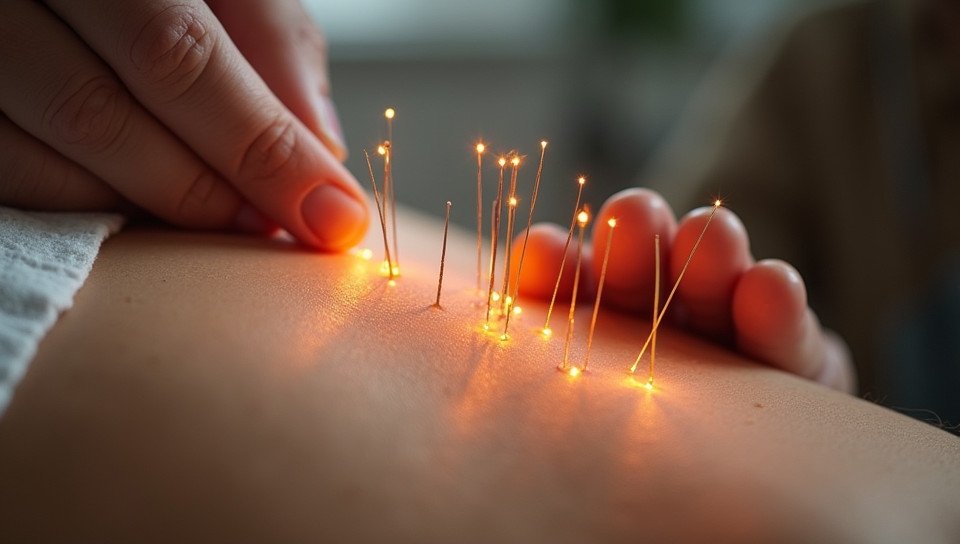Ineffective treatments are still widely used in acupuncture 83%

The Dark Side of Acupuncture: Ineffective Treatments Still Widely Used
As we navigate the complex world of traditional medicine, it's essential to separate fact from fiction and efficacy from fad. Unfortunately, acupuncture has become a victim of its own popularity, with ineffective treatments still widely used in practice.
A Brief History of Acupuncture
Acupuncture has been around for thousands of years, originating in ancient China as a way to balance the body's energy, or "qi." The technique involves inserting thin needles into specific points on the body, believed to stimulate healing and relaxation. While some studies have suggested that acupuncture may be effective in managing certain conditions like chronic pain and nausea, others have raised red flags about its lack of scientific evidence.
Why Ineffective Treatments Persist
There are several reasons why ineffective treatments continue to be used in acupuncture:
- Lack of regulation: Unlike conventional medicine, acupuncture is not strictly regulated in many countries, allowing unqualified practitioners to administer treatments with little oversight.
- Misinterpretation of results: Studies have shown that the placebo effect can play a significant role in acupuncture's perceived efficacy. This means that some patients may experience relief due to their expectation of treatment rather than any actual therapeutic effect.
- Pressure from clients: Clients often seek out alternative therapies like acupuncture as a last resort or due to concerns about pharmaceutical side effects. Practitioners may feel pressure to provide solutions, even if the evidence isn't there.
The Consequences
The consequences of ineffective treatments in acupuncture can be far-reaching and have serious implications for patient health:
- Delayed diagnosis: Patients may delay seeking conventional medical treatment, allowing conditions to worsen or remain undiagnosed.
- Misallocated resources: Time and money invested in acupuncture could be better spent on evidence-based therapies.
Conclusion
As we move forward in the world of healthcare, it's crucial that we prioritize scientific evidence over tradition and expectation. By acknowledging the limitations and potential pitfalls of acupuncture, we can work towards a more informed approach to traditional medicine, ensuring that patients receive effective and safe treatments.
- Created by: Eva Stoica
- Created at: Jan. 23, 2025, 1:44 p.m.
- ID: 18586







